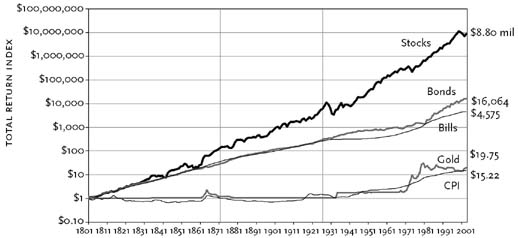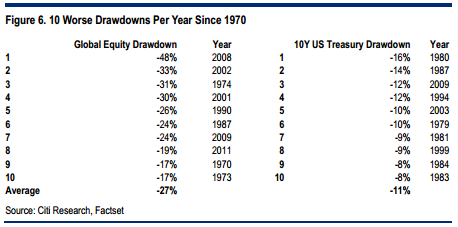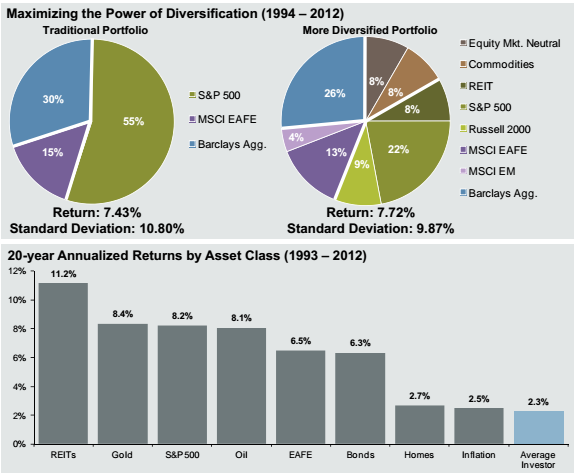Question
1) What are the risks pertaining to timing on long term index investments?
2) How large are these risks?
3) In case I feel not prepared to take these risks, how can I avoid them?
Background information
- Age 29
- Currently I do not own any bonds or stocks
- After selling my house I will have about one year income available for long-term index investing. If I put this money all at once in the market, than that would be timing.
- My plan is to invest 70/30 in stocks/bonds
- Each year I expect to invest about one quarter of my income
- I am located in Europe now. After selling my house I will move to Japan for a few years.
- Yes, I will make sure to keep some money for hard times on a savings account
My ideas
My guess is that, even if the stock market drops enormously over the next few years, this will not have such a big impact on the end result in say 30 years. I fear more the emotional impact that a new crisis, eating up a large part of the money that is now in my house, might have. The temptation of withdrawing from such a market might be hard to resist, while the rational response would be to stay and keep investing.
P.S Here is another question on timing related to long index investments
When is the best time to put a large amount of assets in the stock market?



